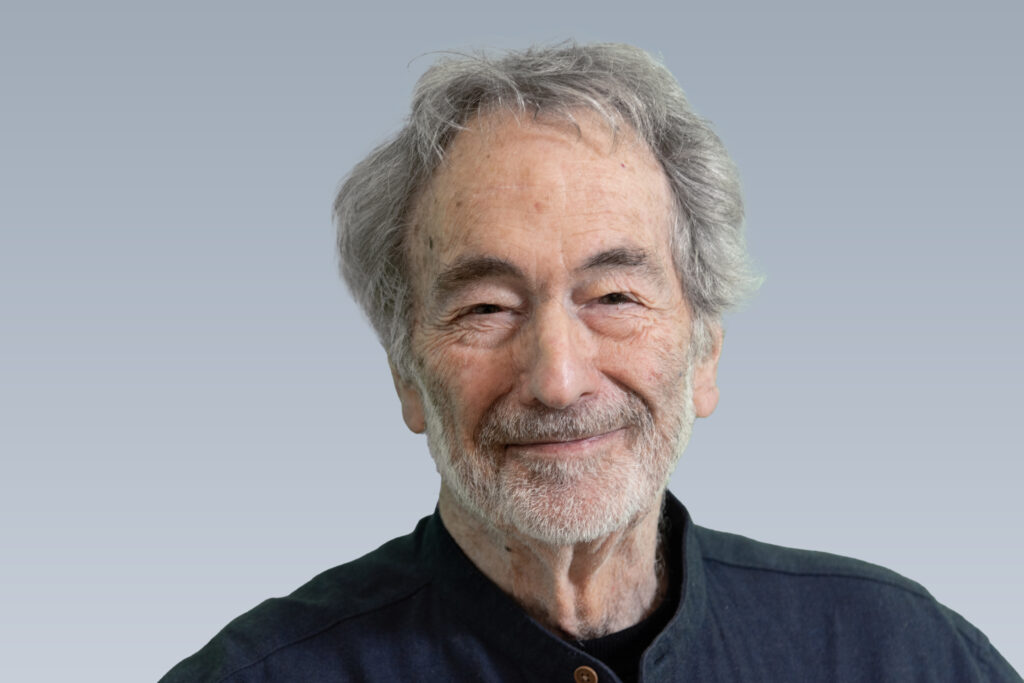The brainers

Harry Bernas – Physicist
Harry Bernas is a physicist specialising in nanoscience and irradiated materials. He is a former director of the Centre de sciences nucléaires et de sciences de la matière (CNRS-Université Paris-Saclay). He is interested in the relationship between science, technology and society. On the history of nuclear power, he has published L’Île au bonheur (Le Pommier, 2022) and, on the subject of this conference, Les merveilleux nuages (Seuil, 2023).
This brainer takes part in round-table discussions, offers improvisation sessions and the following solo talks:
Where is nuclear France heading?
First and foremost, it is the social and economic structure that determines how energy is used. Yet societies will undergo profound change over the next three decades as a result of changes in the climate and in living organisms. Will the announced "new nuclear" project in France help society to adapt to these changes in a sustainable way by 2050? This should be the subject of an informed and democratic public debate. We propose a brief review of the history and industrial, economic and social feasibility of nuclear power in the face of the urgent challenges posed by global change.
Happiness Island: Men, atoms and wilful blindness
The Bronx, 1945. On a muggy August afternoon, a boy whose family had fled Nazism listens to the radio. The voice of President Truman appears: a single "atomic" bomb has leveled Hiroshima. "The greatest success of organized science in history. From this event, the little boy will remember in particular the photo of an absence: a man removed from his shadow by the blast. As an adult, the boy would become a physicist: a former laboratory director at the CNRS, Harry Bernas is today a recognized scientist in the field of nanoscience, and his story has never ceased to intersect with that of nuclear science. Until Fukushima. The result of a nuclear program that concealed the documented risks of a tsunami, the tragedy of 2011 revealed mankind's wilful blindness to the consequences of their technical and social choices. In this captivating account, which interweaves personal memories and scientific reflections, Harry Bernas attempts to understand the origins of this deliberate blindness. Lucidly, but without fatalism, he reveals how, from the Manhattan Project to GEN-IV reactors and Eisenhower's "Atoms for Peace" policy, the very purpose of science has been insensitively altered, from knowing the world to being permeable to power. Or how Newton and Einstein have been supplanted by Jeff Bezos and Elon Musk.